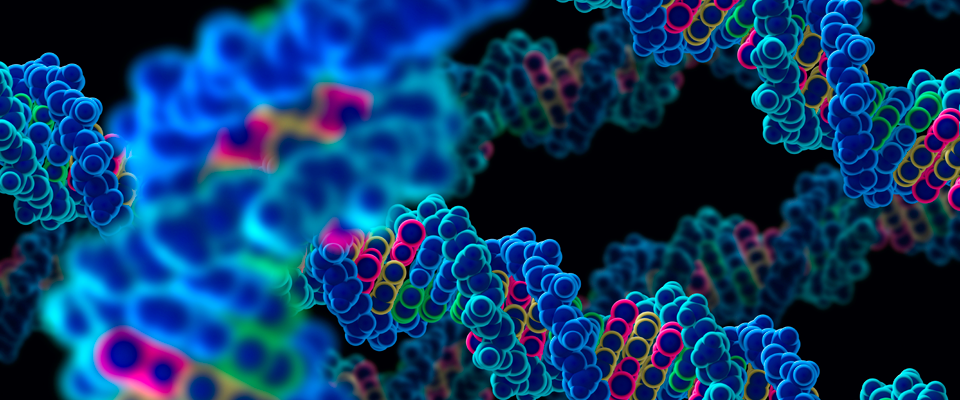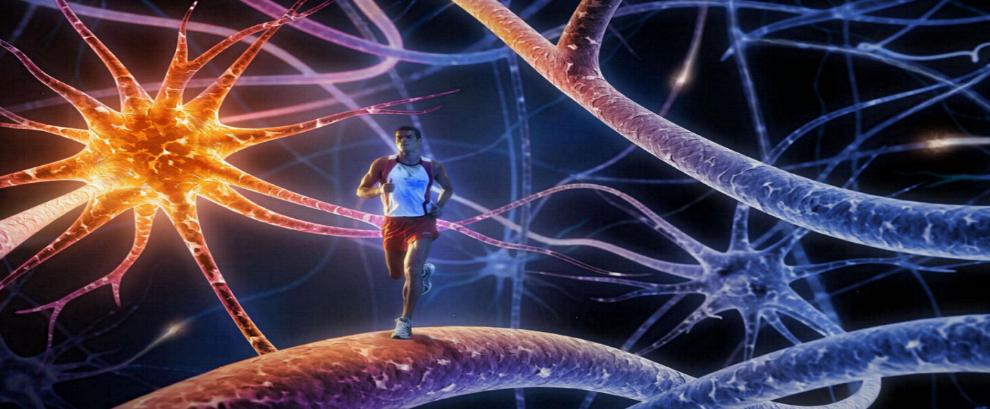
A team of AI researchers with Google’s DeepMind London group has found that certain large language models (LLMs) can serve as effective mediators between groups of people with differing viewpoints regarding a given topic. The work is published in the journal Science.
Over the past several decades, political divides have become common in many countries—most have been labeled as either liberal or conservative...
Read More














Recent Comments